S&P 500: 0.77% DOW: 2.42% NASDAQ: 0.38% 10-YR Yield: 4.23%

Last Week on WallStreet - December 2nd, 2023
What Happened?
It was a November to remember for equity and bond markets, evidenced by the S&P 500's impressive near 9% rise. This surge was fueled by growing optimism about a potential 'soft landing' for the economy and speculation that the Federal Reserve might start easing its policies sooner than anticipated in the next year. After a challenging period in September and October, this renewed confidence led to a significant 40 basis point drop in the 10-year treasury yield, resulting in a widespread revaluation of assets higher. Notably, last week witnessed a significant shift in investor focus within the equity markets. While mega-cap stocks, which have been the main drivers of market performance this year, saw relatively less attention, there was a remarkable surge in small and mid-cap stocks, as well as in value stocks. If the soft landing scenario does materialize, these categories, which have significantly lagged this year, might continue to gather momentum.
Beneath the surface, every sector posted gains, with the notable exception of the Communication sector (-1.5%), which includes giants such as Meta and Google. Stocks in sectors more sensitive to economic fluctuations showed better performance, buoyed by hopes of a stronger economy in 2024. Specifically, Real Estate stocks (+4.6%), Materials (+2.7%), and Industrials (+2.3%).
Fed's Favorite Guage Shows Inflation Rose 0.2% in October and 3.5% From a Year Ago, as Expected
- Headline PCE in October was flat on the month and at a 3% rate from a year ago
- The core PCE, excluding food and energy prices, rose 0.2% for the month and 3.5% on a year-over-year basis
- In-line with economist expectations
- Personal income and spending both rose 0.2%
- Goods prices saw a 0.3% decrease while services rose 0.2%
The key takeaway - The Personal Consumption Expenditures (PCE) Index, favored by the Federal Reserve for tracking inflation, provides in its October report additional support for the Fed to keep interest rates unchanged. The data, in conjunction with other inflation indicators, seems to suggest that the Fed's recent tightening of monetary policy is effectively slowing inflation, indicating a move towards a disinflationary trend. However, the current level of inflation still exceeds the Fed's long-term target of 2%, despite a slowing in the rate of increase. Nonetheless, inflation is still higher than the Fed's target of 2%, even though the rate of increase is decelerating. A significant challenge of stubborn inflation in specific areas, making the decline from here more difficult. With market predictions leaning towards rate cuts by May 2024, there is an underlying risk that early relaxation of policies could reignite inflationary trends.
Powell Says Fed to Move 'Carefully' on Interest Rates, 'Soft Landing' Taking Shape
- Fed Chair Jerome Powell spoke Friday to an audience at Spelman College in Atlanta on Fed Policy, among other topics
- Powell said it was clear that U.S. monetary policy was slowing the economy as expected with a benchmark overnight interest rate "well into restrictive territory."
- Powell reiterated that it was still too early to declare the Fed's inflation fight finished, with prices rising 3.0% annually
- "We are prepared to tighten policy further if it becomes appropriate to do so," he said
The key takeaway - The Federal Reserve is navigating a new phase of the current monetary policy cycle, where it needs to strike a balance between the lagging impacts of existing policies potentially harming the economy and the necessity of maintaining control over inflation. Recent inflation data has affirmed that the Fed's measures are effectively decelerating the pace of price increases. The key concern for financial markets now revolves around the duration it will take for economic strains to prompt the Fed into action. Despite Chairman Powell's recent statements dismissing the possibility of rate cuts, market sentiment remains skeptical. Powell's measured tone in his Friday speech further bolstered traders' belief in their own projections.
Consumer Confidence Rebounds From 15-Month Low, But Recession Worries Persist
- The Consumer Confidence Index moved up to 102 from a revised 99.1 in October, the Conference Board said
- A measure that looks at how consumers feel about the economy right now slipped to 138.2 from 138.6
- A confidence gauge that looks ahead six months rose to 77.8 from 72.7
- About two-thirds of consumers say a recession is “somewhat” or “very likely” in the next 12 months
The key takeaway - Despite the continued strength of consumer spending propelling the economy in recent months, the survey paints a picture of a disenchanted consumer concerned about the future. Inflation and higher interest rates have overpowered American's optimism even with a historically strong job market. The future expectations gauge remains under 80, a typical signal of economic concerns to come, as the psychology of consumers drives their behaviors. This is a vicious cycle characterized by consumers believing the economy will slow and employment could be in jeopardy instigating a pullback in spending creating a slowdown so on and so forth. However, this reading has been in the red for some time and consumers have pushed through with their dollars. If this trend can sustain itself will determine the direction going forward.

From Around the Watercooler
Charlie Munger died at 99. The investing guru and right hand to Warren
Buffett at Berkshire Hathaway died in a California hospital on Tuesday
McDonald’s is overhauling the Big Mac with more special sauce, fresher lettuce and pickles, and a brioche bun, among other changes
Microsoft secured a board seat at OpenAI, seemingly answering questions about its commitment to the startup following the surprise fire/rehire of CEO Sam Altman
The UAW hit the gas yesterday on a campaign to organize 13 nonunionized car companies, including Tesla and Toyota



